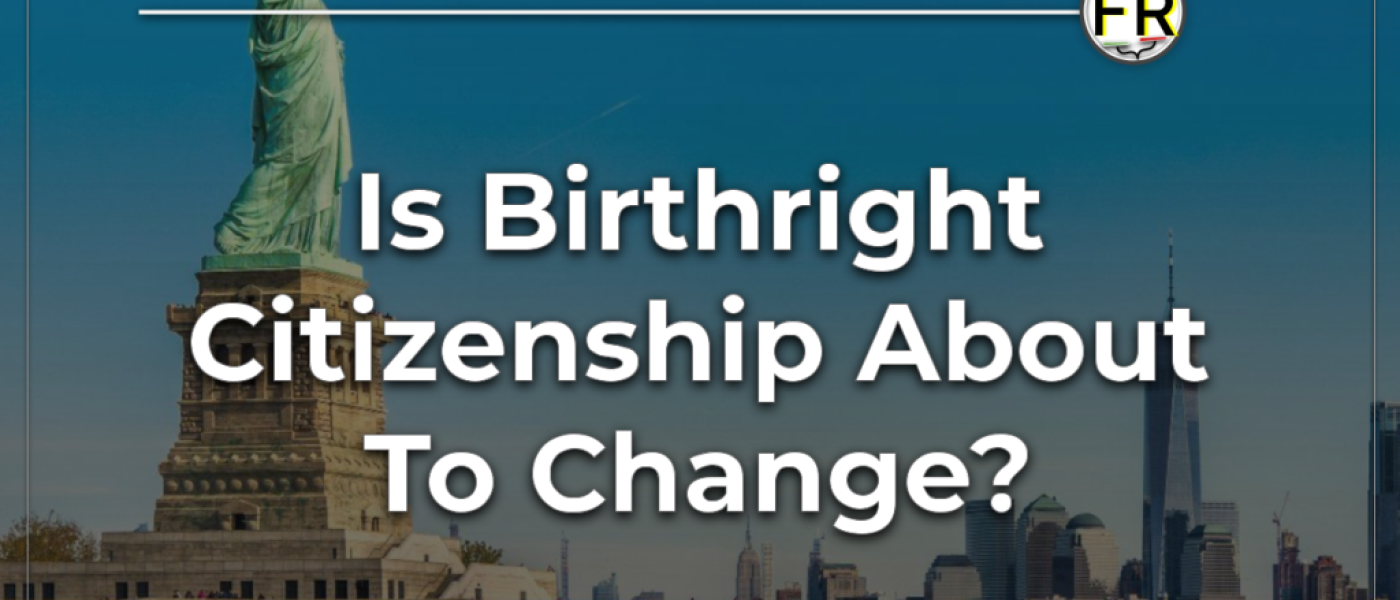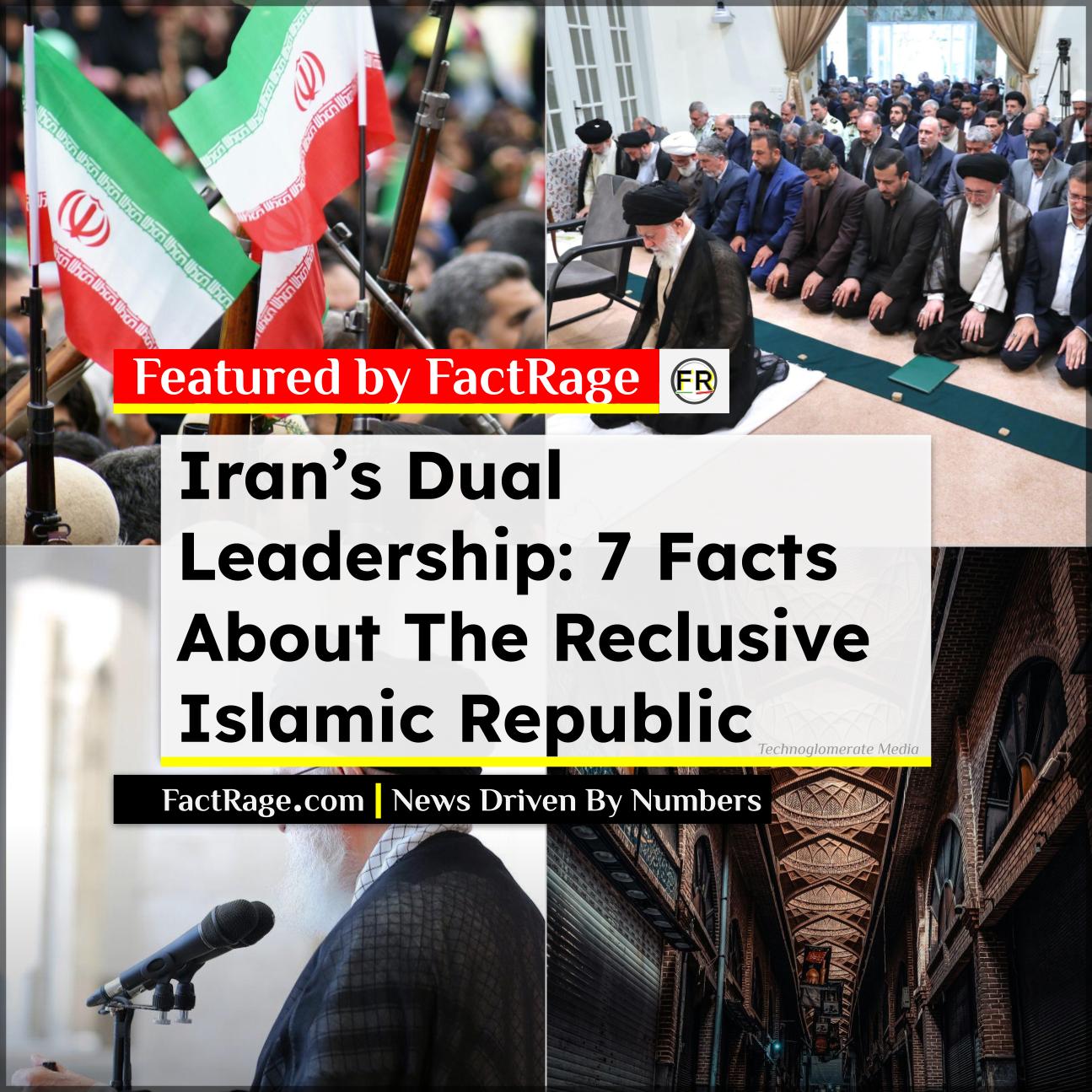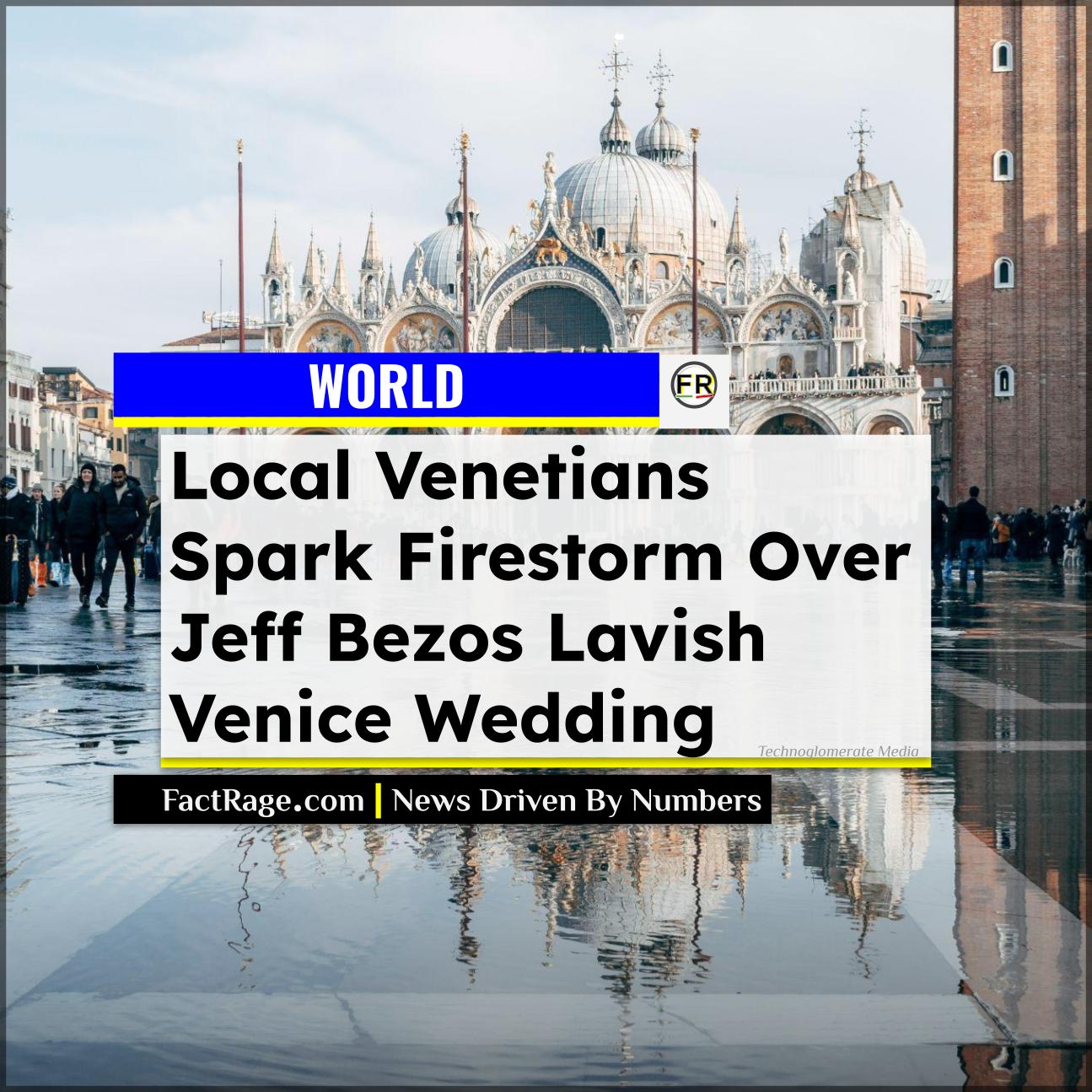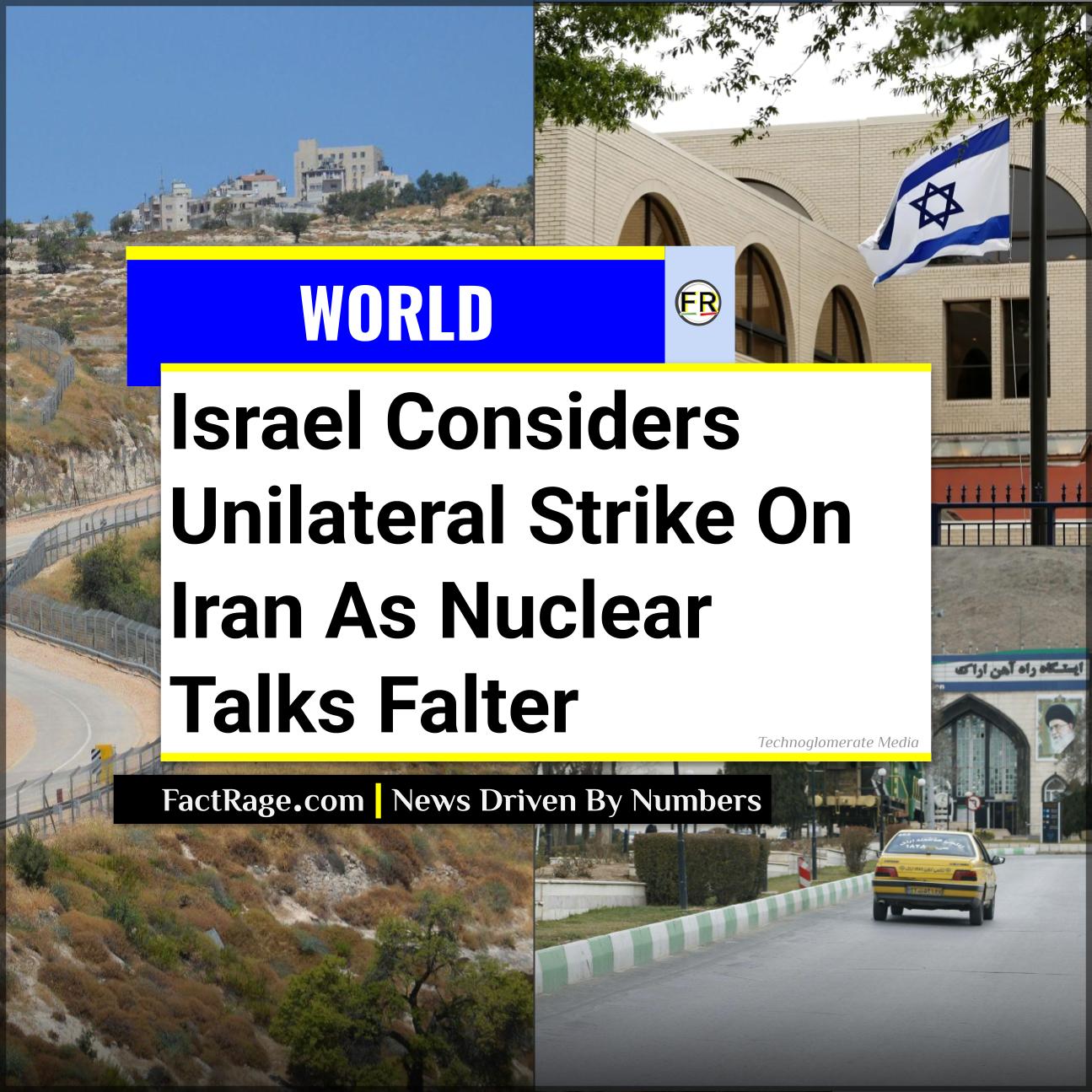The Supreme Court is currently deliberating arguments that could potentially reshape the long-standing interpretation of birthright citizenship in the United States, a debate reignited by a challenge to the use of nationwide injunctions against executive actions. The core of the discussion centers on the 14th Amendment and whether children born within U.S. borders to non-citizen parents are automatically entitled to citizenship, a question with significant legal and social implications.
- Supreme Court Weighs Birthright: Justices are hearing arguments related to the 14th Amendment’s Citizenship Clause, specifically in the context of challenges to executive actions on immigration.
- Decades-Old Interpretation Under Scrutiny: The debate centers on the meaning of “subject to the jurisdiction thereof” and whether it applies to children born in the U.S. to non-citizen parents, potentially altering a long-held understanding.
- Far-Reaching Consequences Anticipated: The court’s decision could have significant impacts on American citizenship, immigration policy, and the rights of individuals born within U.S. borders.
Birthright Citizenship: A Supreme Court Showdown
The concept of birthright citizenship, enshrined in the 14th Amendment of the U.S. Constitution, is once again under intense scrutiny. The Supreme Court is currently hearing arguments that could potentially reshape the landscape of American citizenship. Here’s a breakdown of the key questions and issues at stake:
Why the Supreme Court?
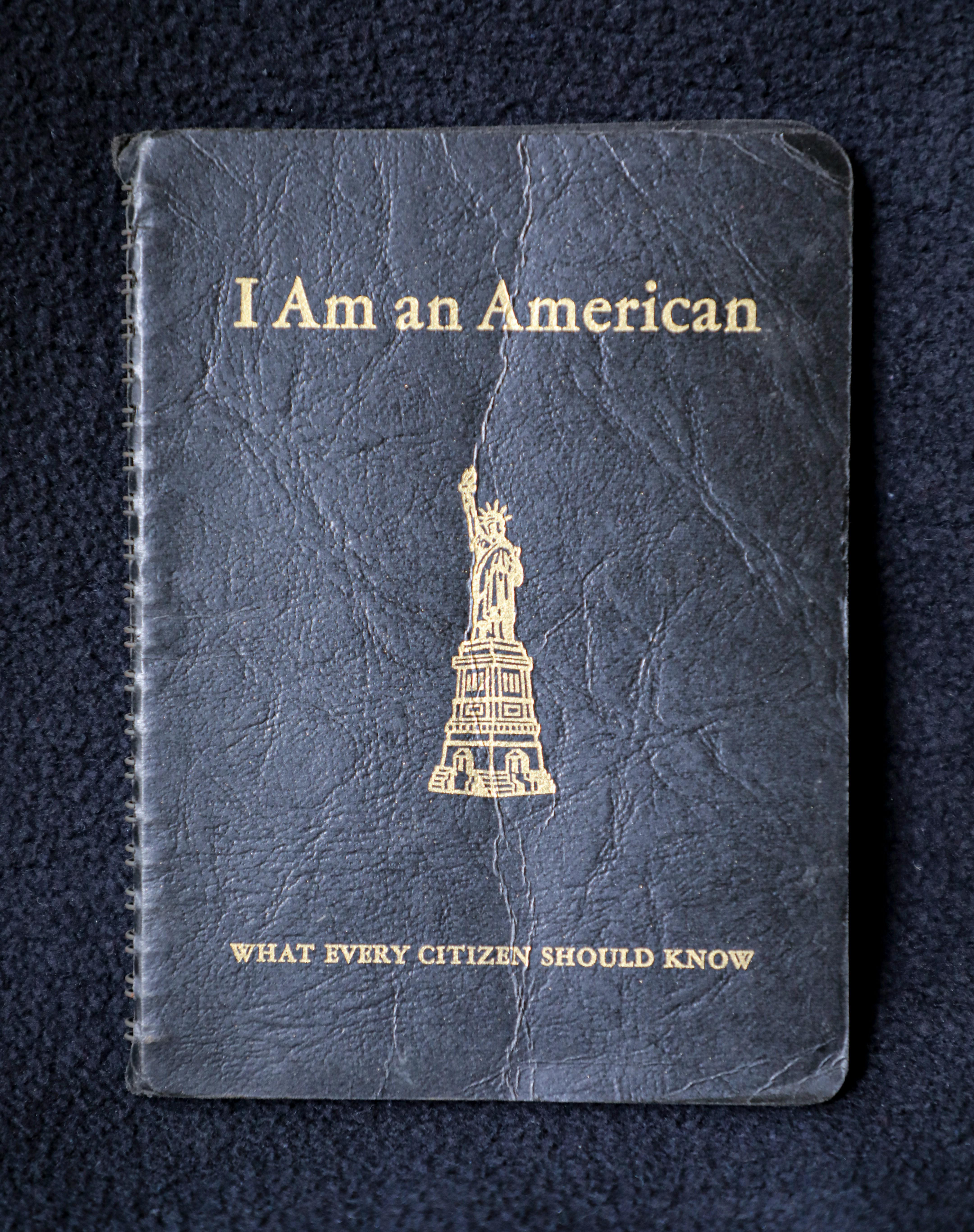
The debate centers on the meaning of “subject to the jurisdiction thereof”
Focus on Judicial Power
The current Supreme Court proceedings are heavily focused on the issue of “nationwide injunctions.” These are court orders issued by lower federal courts that block executive actions across the entire United States. The Trump administration challenged the broad reach of these injunctions, arguing that they overstep the authority of individual federal judges. Therefore the supreme court is hearing arguments about the power that federal judges hold, regarding nationwide injunctions.
14th Amendment and Legal Interpretation
The 14th Amendment’s Citizenship Clause states: “All persons born or naturalized in the United States, and subject to the jurisdiction thereof, are citizens of the United States…”. For over a century, this has been widely interpreted to mean that nearly all children born within U.S. borders are automatically citizens, regardless of their parents’ immigration status. The Supreme Court affirmed this understanding in the 1898 case United States v. Wong Kim Ark. However, the Trump administration issued an executive order arguing for a different interpretation of the phrase “subject to the jurisdiction thereof,” contending that it was not intended to apply to children of parents who are in the U.S. without legal status or on temporary visas.This difference in legal interpretation is a core reason why the issue is now before the Supreme Court. The administration is asking the court to consider whether lower courts correctly blocked this executive order based on the prevailing interpretation of the 14th Amendment.
The Underlying Questions and Public Sentiment
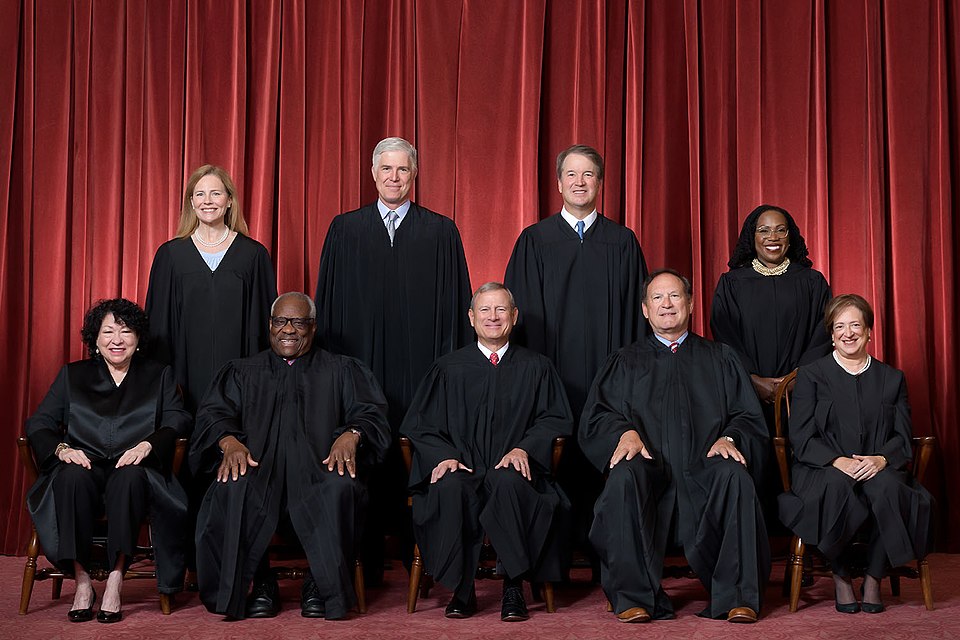
What’s the Motivation?
The push to reconsider birthright citizenship is rooted in concerns about immigration and national identity. Proponents of change argue that the current interpretation incentivizes irregular immigration and “birth tourism,” where individuals allegedly come to the U.S. primarily to give birth and secure American citizenship for their child. While campaigning, the idea of altering birthright citizenship was often discussed at rallies and in public statements. This resonated with certain segments of the electorate who favored stricter immigration policies.
What Are the Justices Saying?
Based on recent oral arguments, some justices appeared skeptical of the broad nationwide injunctions issued by lower courts. They raised concerns about the power of a single district judge to halt policies across the country. On the other hand, some justices questioned the legal basis for the executive order itself, referencing the long-standing interpretation of the 14th Amendment and the potential practical difficulties of implementing a system where citizenship at birth is not automatic. Questions were raised about what documentation would be required at hospitals and how states would manage birth records.
Where Does the Public Stand?
Public opinion on birthright citizenship is divided. Polls suggest that a significant portion of Americans oppose changing the Constitution to deny automatic citizenship to children born in the U.S. to parents without legal status. However, there is also support for reinterpreting the 14th Amendment or finding alternative approaches to address concerns about immigration.
Is This a Realistic Possibility?
Legal experts are divided on the likelihood of the Supreme Court significantly altering the interpretation of the 14th Amendment. The precedent set by Wong Kim Ark and the long-standing understanding of birthright citizenship present a substantial hurdle. The court’s current focus on the power of nationwide injunctions suggests that any ruling might primarily address this procedural issue, rather than directly overturning birthright citizenship itself.
The Path Forward and Potential Impacts

If the Executive Order Moves Forward
If the Supreme Court were to side with the administration on the issue of nationwide injunctions, the executive order could potentially go into effect, at least in some states not covered by individual lawsuits. This would likely lead to significant legal challenges regarding the constitutionality of the order itself. Implementing such a change would create a complex system for determining citizenship at birth, potentially requiring new forms of documentation and creating uncertainty for families and state agencies.
If the Executive Order is Shut Down
If the Supreme Court upholds the lower court rulings against the executive order, it would reinforce the current understanding of birthright citizenship. While this specific challenge would be resolved, the debate over birthright citizenship and immigration policy would likely continue in the political sphere.
Would a Constitutional Amendment Be Required?
Many legal scholars believe that changing birthright citizenship in a fundamental way would require a constitutional amendment. Amending the Constitution is a complex process, requiring a two-thirds vote in both the House of Representatives and the Senate, followed by ratification by three-fourths of the states.
What Would Be the Impact?
The impact of altering birthright citizenship could be far-reaching. Millions of individuals born in the U.S. to non-citizen parents could potentially be denied citizenship. This could create a subclass of individuals within the U.S. who lack full rights and protections, leading to complex legal, social, and economic consequences. It could also impact families, potentially leading to the separation of children and parents.
Babies Born to Non-US Citizens
It’s difficult to provide an exact real-time figure for the number of babies born each year in the U.S. to non-U.S. citizens who obtain birthright citizenship. However, data from previous years suggests it could be several hundred thousand annually. Any significant change to birthright citizenship would directly affect this population.
The Supreme Court’s decision in this case will have significant implications for the future of American citizenship and the ongoing debates surrounding immigration. The nation watches closely as this fundamental aspect of American identity is considered at the highest level of the judicial system.

